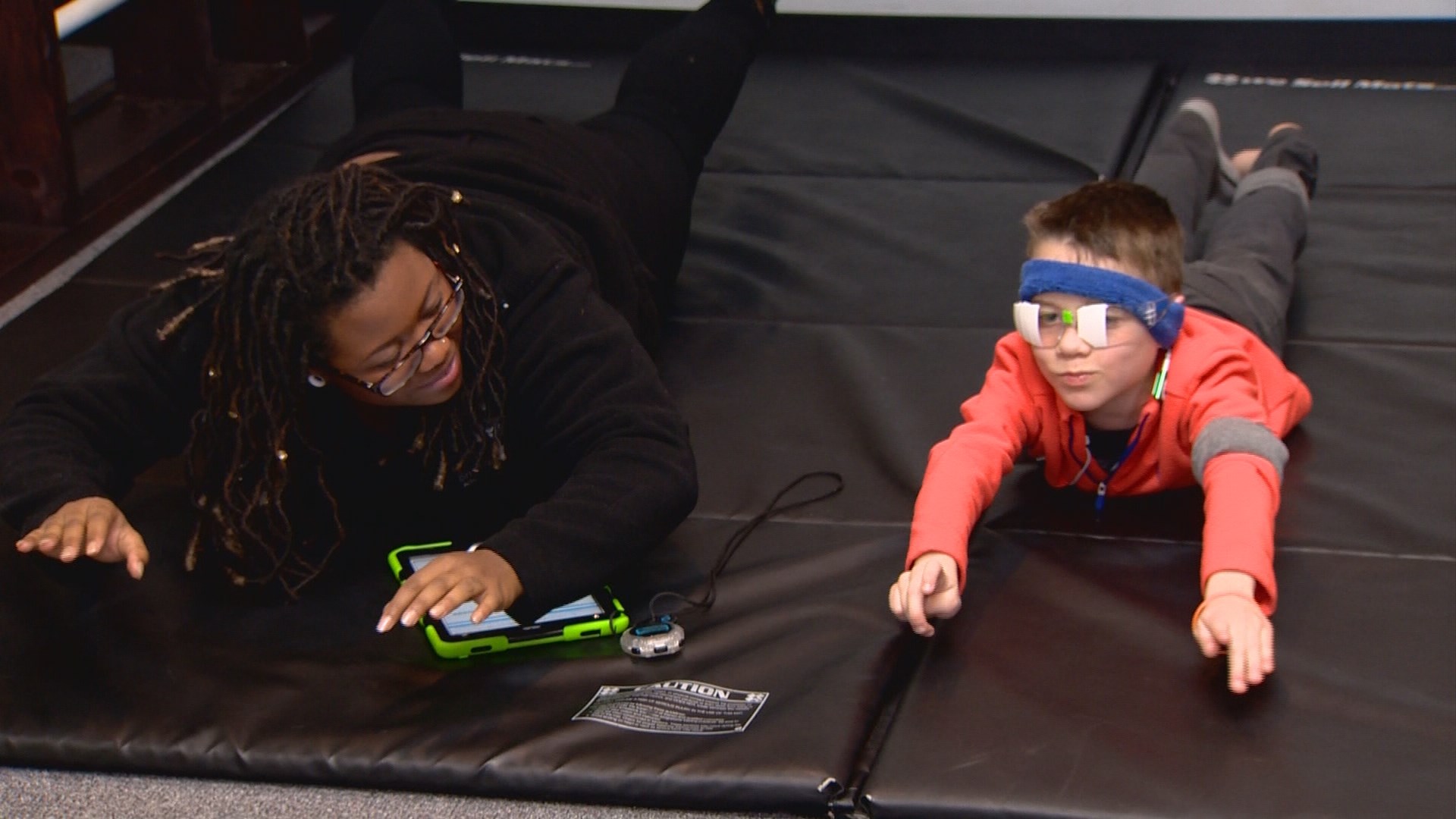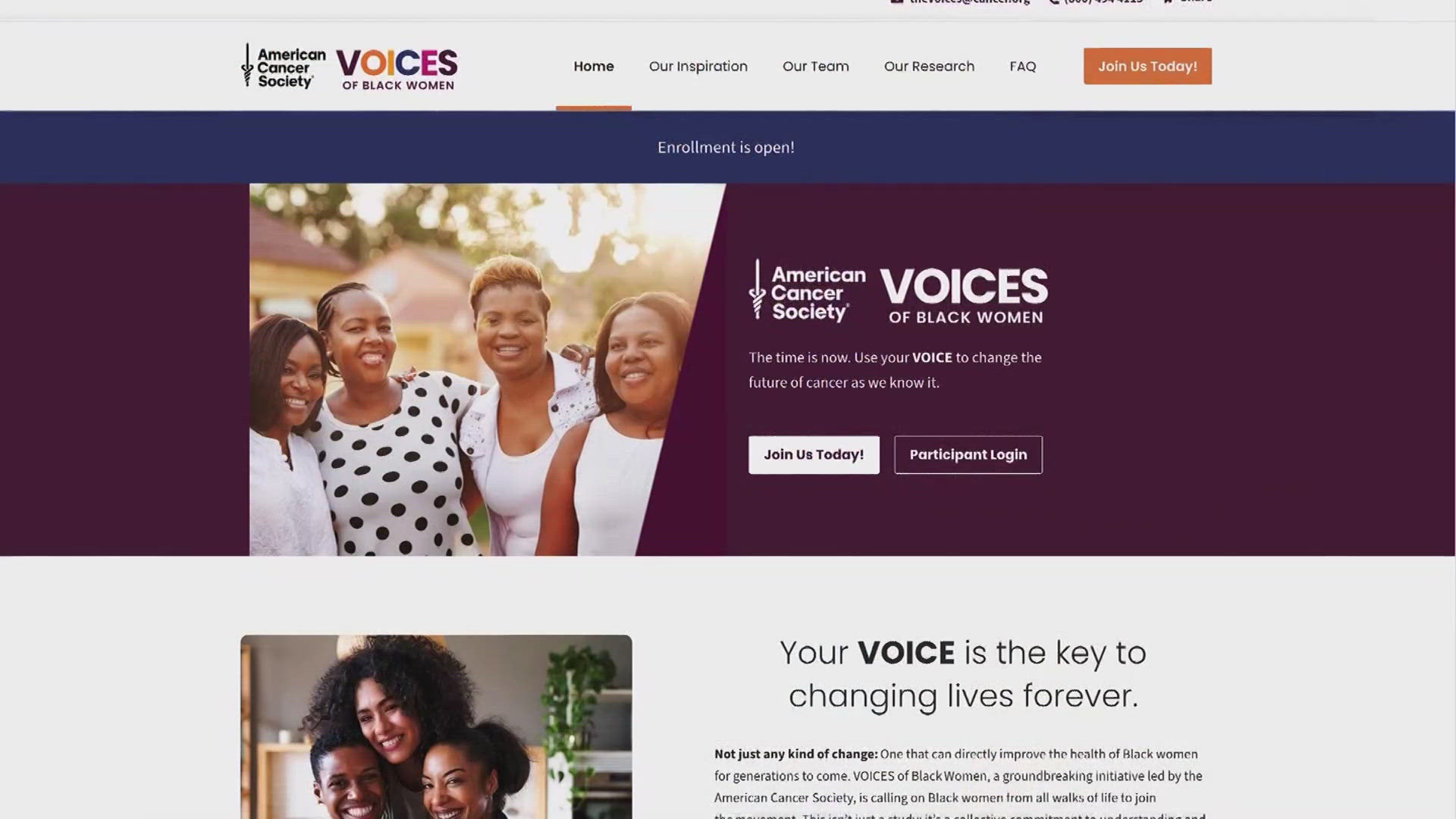More than 6 million children are diagnosed with some form of ADHD according to the Centers for Disease Control. Treatments can be controversial. Some feel prescription medications are the answer while others say parents should take a more holistic approach.
One program promises to help kids with symptoms of ADHD and other behavioral issues, plus dramatically improve their social and academic learning abilities, all without prescription drugs.
When you walk into the Brain Balance Center, you are quickly overwhelmed by the constant sounds of bells, clapping, jumping games, and exercises. The directors of the center say that they all serve a very specific purpose for each child engaged in them.
"I was thinking, ‘What was I doing?’ Because I didn't really understand how this was going to help my brain. I thought we were doing a bunch of stuff I thought was weird," said Jessica Willis, a student at Brain Balance for six months.
"We had no diagnosis of any type of thing that we could put our finger on. We just felt something just wasn't quite working for her academically,” said Cheryl Saimon, Jessica's mom.
With no answers about what has happening to her daughter, and a growing concern about Jessica's increasing struggles with reading and math assignments, her mom brought her to Brain Balance.
"We have not ever had a child come through the program that didn't make changes somewhere, whether it was academics, behavior, or socialization," said Amanda Petter, who runs the Brain Balance Centers in the San Antonio area with partner Dr. Zach Petter.
"We're a specialized achievement center. We work with kids who are struggling with social, academic, behavioral problems, whether they have a diagnosis or label or parents can see they're different and they're not adapting in the everyday world," Dr. Petter said.
Dr. Petter added that students at Brain Balance are tested to determine what areas of the brain are underdeveloped, which, in turn, can lead to poor reading comprehension skills, learning and behavioral disorders, poor gross motor skills, and even Asperger’s syndrome, which is a mild form of autism.
"We can test for that and use that assessment to put an individualized program together to grow the weakened areas of the brain," Dr. Petter said.
He noted that the kids at the center are all going through specific sensory, visual, and reading exercises to stimulate the brain's development, which will ultimately improve the child's ability to learn and behave at an age-appropriate level.
"I would say it has helped my brain. I can focus more on things, especially math and reading. And I can read faste. I am not as clumsy. I used to be really clumsy," Jessica said.
"As far as I know, there's no data to support these approaches," said Dr. Colin Sauder, a clinical psychologist at the UT Health Science Center in San Antonio.
Dr. Sauder is skeptical about programs like Brain Balance.
"I think the evidence says we are not quite there yet," said Dr. Sauder about the ability to retrain the brain.
Dr. Sauder also said that some of what they do at Brain Balance, like sensory integration, has not been scientifically proven, and that many of the services that do work can be found elsewhere.
"It's probably going to be helpful for some kids. It's just the question of whether what you're getting can be gotten elsewhere with insurance and whether what they're doing has empirical basis to say this is a probably efficacious treatment."
Jessica's mom says, for her daughter, there's no question that the program worked. And if she had to do it all over again, she would still turn to Brain Balance for help.
"I feel like now she has her confidence is back. She doesn't get as stressed out with school at the same level. And she likes school. She enjoys school," Jessica's mom said.
"School, now, is more fun. I understand things more like math and science, more than I did earlier. Everything is making sense. It's like clicking, and I'm very happy that it's clicking because it hasn't clicked forever," Jessica said.
The Brain Balance program is 12 weeks long and costs about $6,000, plus several hundred dollars for the assessment test and nutritional supplements. Most children are advised to take two 12-week sessions.
Dr. Sauder says that, depending on the issue the child is having, a parent's best bet is to turn to their school district or seek reputable psychological care. For help with learning or reading difficulties, he advises working with the child's school to get tested and special tutoring. He also says that if the child is having behavioral issues, organizations like the Clarity Child Guidance Center provide psychological services for a variety of problems and is affiliated with the UTHSCSA.
One element both Brain Balance and Dr. Sauder agree is important is nutrition. Both say that nutrition plays a big role in how the brain functions and develops. They each recommend following a good nutrition plan. In fact, Dr. Sauder is currently conducting a study in which he is seeking participants who are willing to follow a specific diet over a few months to see how the brain responds.
The find out more about the study at the Neurohealth Lab, click here. It comes with stipends to help pay for food and some snacks are provided.


